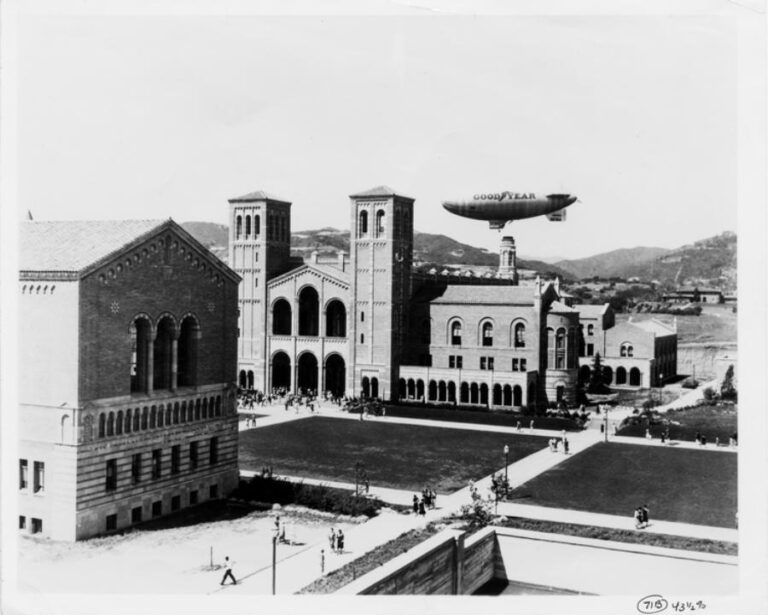From the San Francisco Chronicle: After a monthlong break, the Legislature returns to work at the Capitol on Monday to take on one of the Golden State’s thorniest issues:
public employee pensions. The Senate and Assembly have just four weeks to vote on hundreds of bills before the two-year session concludes at the end of the month, but the main focus will be on changing the pension compensation system. Just what those changes will entail is unclear. Gov. Jerry Brown has proposed increasing the retirement age and creating a hybrid system that includes a 401(k)-style benefit, among other things, but lawmakers have yet to approve those or anything else. Legislative leaders said they will discuss a type of cap on pension benefits, along with changes that could impact cities and local government agreements… [Note: Readers of this blog will know that UC has opposed being swept into some statewide public pension reform.]
One significant proposal yet to be voted on is a change in the tax code that affects how corporations with headquarters in other states calculate the taxes they owe in California; it would increase revenue to fund tuition breaks for public university students. As part of the 2009 budget deal, lawmakers approved a system that allows corporations to choose between two formulas. The proposal would mandate the so-called “single sales factor” calculation, which is based on the total amount of sales that take place in the state. Eliminating the dual system could bring in about $1 billion, and Assembly Speaker John Pérez, D-Los Angeles, is proposing to use that for significant reductions in tuition costs for middle-class students at the University of California and California State University systems. One big hurdle for the bill is that, as a change in tax law, it requires a two-thirds vote of both houses. So farm there’s no indication Republicans would vote for the measure… [Note: Blog readers will know not to count on getting a two-thirds vote on a tax issue.]
Full story at


